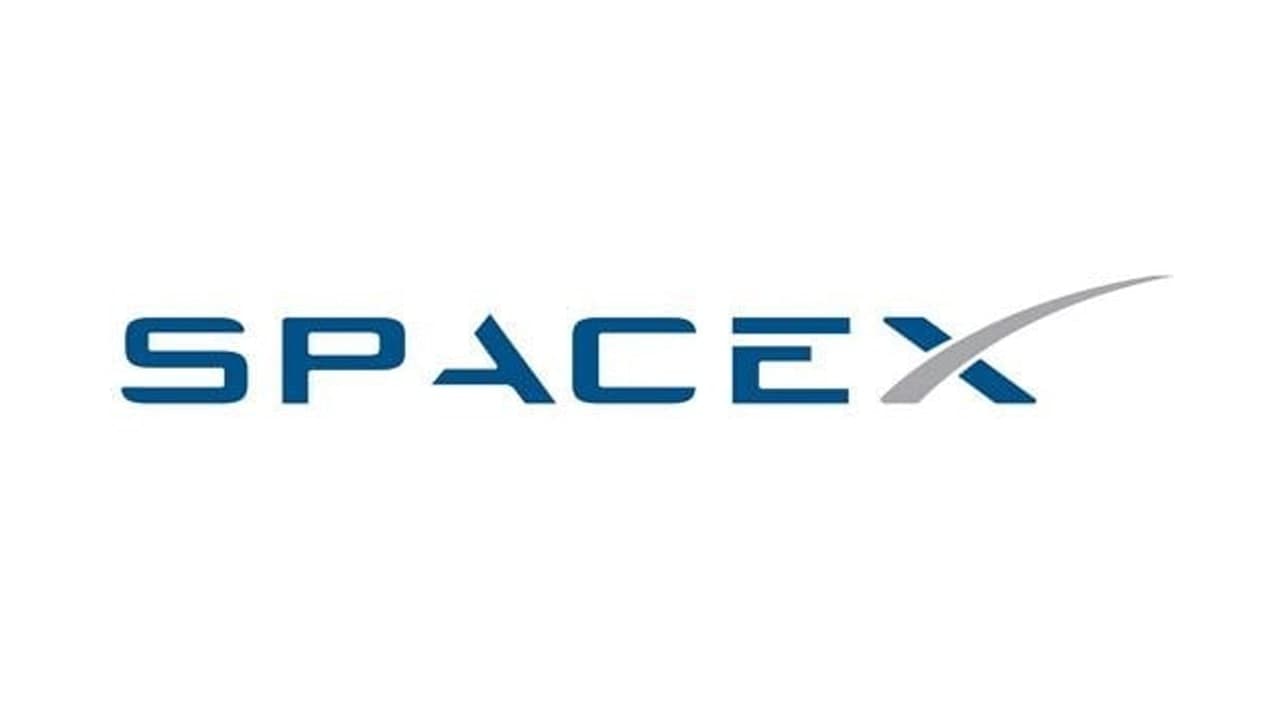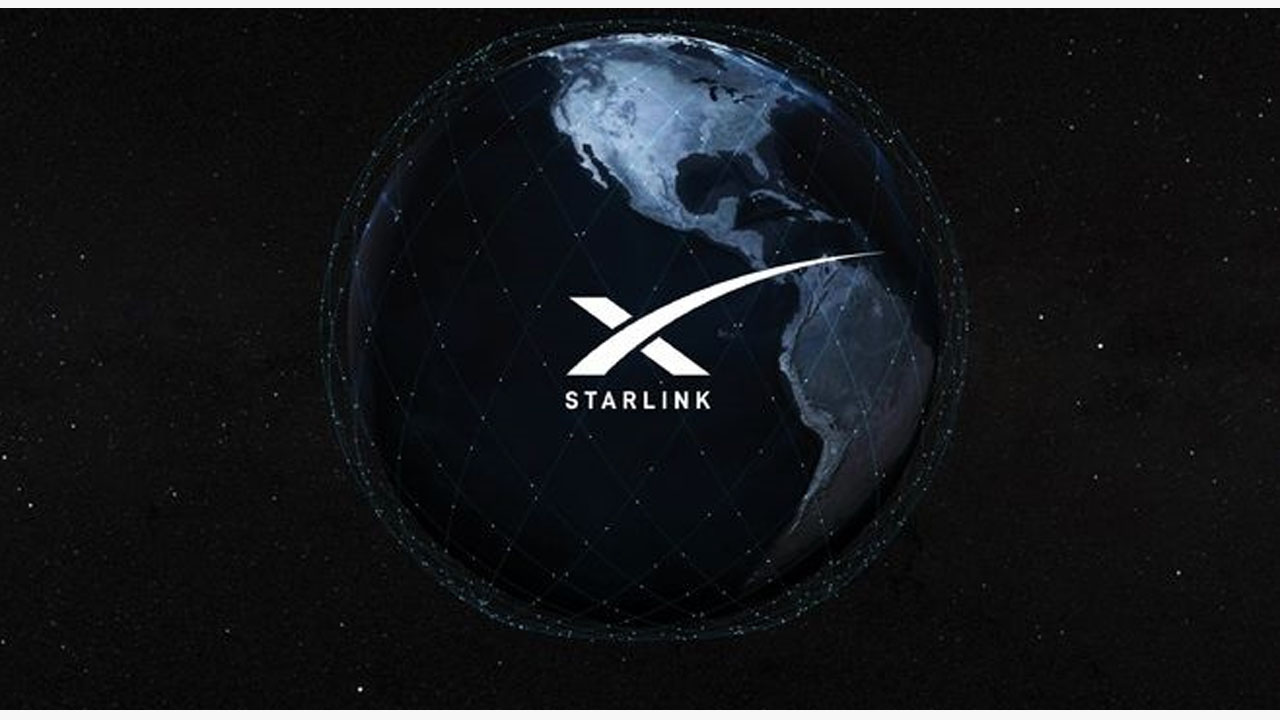According to the latest report, commercial space company Axiom Space’s first private astronaut mission to the International Space Station will be launched on April 6, local time, on a SpaceX Falcon 9 rocket. A company called Aleph Farms will use the mission to launch a technology platform to the International Space Station to test how artificial meat can be produced in space.
Artificial meat company Aleph Farms develops artificial substitutes for beef and collagen, among others. They said: “Long-term space exploration, such as going to Mars, is limited by the ability to provide astronauts with high-quality nutrition. Aleph Farms is developing a technology platform that can produce faux steaks in a process that consumes more resources than raising a cow for meat.
Join tip3x on Telegram
Much fewer resources are required.” They add that understanding how the process works in low gravity conditions will help “to develop a complete faux meat production process for long-duration space missions and to establish efficient production processes that reduce the planet’s carbon emissions.”
Moreover, Aleph Farms-led experiments will launch on Axiom Mission 1, Axiom Space’s first private astronaut mission. Weather permitting, the Axiom Space mission will blast off from the Kennedy Space Center in Florida on April 6 and arrive at the International Space Station.
 The 10-day mission will see SpaceX’s Crew Dragon spacecraft carrying four crew members to the International Space Station. The four are former NASA astronaut Michael López-Alegría, American real estate entrepreneur Larry Connor, Canadian businessman Mark Pathy ) and Israeli philanthropist and former fighter pilot Eytan Stibbe.
The 10-day mission will see SpaceX’s Crew Dragon spacecraft carrying four crew members to the International Space Station. The four are former NASA astronaut Michael López-Alegría, American real estate entrepreneur Larry Connor, Canadian businessman Mark Pathy ) and Israeli philanthropist and former fighter pilot Eytan Stibbe.
Furthermore, Stieb will send the “mini-lab” developed by Aleph Farm to the ISS, plug it into the ISS’s European Columbus module, and switch on power and monitoring systems that will allow researchers to control the entire experiment from the ground.
As part of the Rakia mission, which includes 35 science experiments, Aleph Farms explained: “During the mission, our goal was to better understand the effects of microgravity on two fundamental processes in muscle tissue formation .” These processes include the proliferation of bovine cells and how they differentiate to form the basic components of steak.”
Zvika Tamari, a molecular biologist and head of space research at Aleph Farms: “Our experiments will utilize a special microfluidic device.” He explained that the experimental tool “allows beef cells to Grow to maturity in microgravity, forming muscle tissue, and colloquially, steak The process executes successfully.”
“Establishing the processes that lead to successful cell growth and maturation is the most important part of our preparations for this mission,” said Tamari.
The Axiom Mission 1 mission will remain on the International Space Station for eight days. At the end of the mission, the astronauts will splash down into the Atlantic Ocean in the spacecraft.
Stieb will then return the microfluidic device to Aleph Farms. The researchers then sent the cultured cells to a laboratory in Israel for analysis and comparison with control experiments conducted on Earth.
In addition to next week’s mission, Aleph Farms is also focusing on how to develop a closed-loop system to actually produce artificial meat that astronauts can eat on long-duration space exploration missions. Tamari calls it a ” space steak .”
According to Aleph Farms, they envision astronauts being able to freely configure the nutritional content of these faux steaks and even add extra minerals and vitamins to them.
The project, in collaboration with space food partner Astreas, has entered the second phase of NASA’s Deep Space Food Challenge. Aleph Farms added: “Similar to an automaker’s Formula 1 car, we are developing the most efficient process in the toughest space environment.”
This is not the first time Aleph Farm has attempted space experiments, the company conducted its first experiment on the International Space Station in September 2019. In previous experiments, researchers successfully printed meat tissue in space using a special 3D bioprinting technique.













